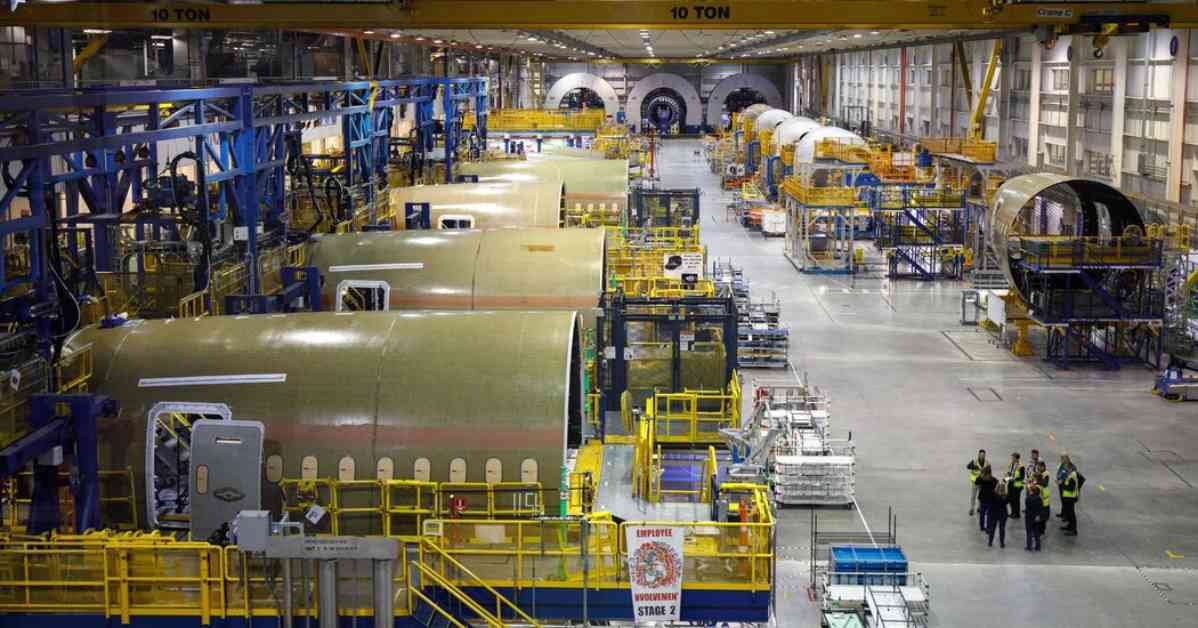Recently, it has been discovered that some Boeing and Airbus jets may have components made from titanium that was sold with fake documentation, raising concerns about the safety and structural integrity of these airplanes. The material in question was purchased from a little-known Chinese company and used in parts that went into jets from both manufacturers.
Spirit AeroSystems, a supplier for Boeing and Airbus, is currently investigating the falsified documents along with the Federal Aviation Administration (FAA). The investigation was prompted after a parts supplier found small holes in the material due to corrosion, leading to questions about the reliability of these components in the airplanes.
The FAA has stated that they are looking into the issue to determine the short- and long-term safety implications for the planes that were made using these questionable parts. It is still unclear how many planes have parts made with the questionable titanium material.
Boeing has reported a voluntary disclosure to the FAA regarding the procurement of material through a distributor who may have falsified records. The company issued a bulletin to suppliers to remain vigilant about the potential of falsified records in the future.
This revelation comes at a time when Boeing and the aviation industry as a whole are facing intense scrutiny due to a series of safety issues and mishaps. From a door panel blowing off a Boeing 737 Max 9 jet in flight to potentially falsified inspection records related to the wings of 787 Dreamliner planes, Boeing has been at the center of numerous investigations in recent months.
Boeing has submitted a plan to the FAA outlining safety improvements they plan to make and have committed to weekly meetings with the agency. The Boeing CEO, Dave Calhoun, is scheduled to testify before a Senate panel on the company’s safety issues.
The aviation industry is under pressure to ensure the safety and reliability of their aircraft, and incidents like this highlight the importance of rigorous inspections and oversight in the manufacturing process. It is crucial for manufacturers to remain transparent and proactive in addressing any potential safety concerns to maintain the trust of the flying public.
